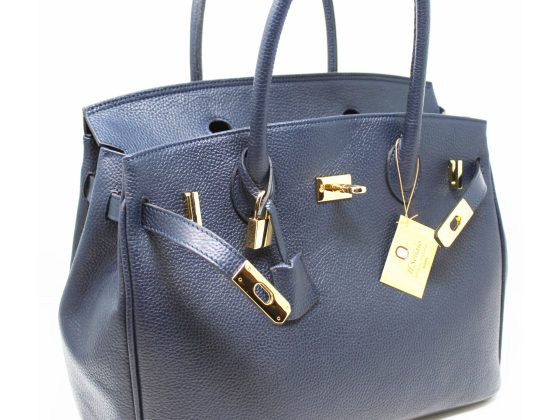For some time now Ritter Sport has been committed to pursuing sustainability starting from the cultivation of cocoa plantations to the distribution of the chocolate it has been producing since 1912 (the company was founded by Alfred Ritter and his wife Clara).
The sustainability of Ritter Sport starts from the social; first of all, when it comes to food products deriving from the cultivation of plantations (it also happens with coffee) that are found in exotic countries and not always fully “democratic”, sustainability also has to do with the treatment of human resources, by planning activities that have a positive impact from an economic and social point of view, as well as on the environment. So, yes, sustainability corresponds to the attention placed on crops following well-established rules, but also attention to the repercussions on resources and local communities.
Ritter’s sustainability begins in 2012
In 2012, the year of the company’s centenary, Ritter Sport launched a large agroforestry project in Southeast Nicaragua with the creation of the sustainable cocoa plantation called “El Cacao”: in fact, 2,500 hectares, one of the largest areas of cocoa cultivation in the world, grown following environmental and social standards that allow certification according to UTZ or Rainforest Alliance. The program began with the reforestation of a vast fallow area aimed at reversing the ongoing processes of erosion and sterilization of the fertile soil, thus creating the conditions for regenerating biodiversity and promoting the growth of Theobroma cacao. A series of cocoa supply partnerships with production organizations and their small local producers in Ghana, Ivory Coast, Nigeria, Peru and Nicaragua have been added to this project. Ritter supports production organizations for more than 64% of its cocoa supply through individual programs to develop their ecological, economic and social situation 100% sustainable cocoa. In 2018 Alfred Ritter GmbH & Co. KG was the first chocolate manufacturer to be able to boast the supply of only 100% certified sustainable cocoa for the entire production, a concrete commitment that has obtained several international awards such as the “German Award for Sustainability” and the “Berenberg Award for corporate sustainability” in the cocoa sector in 2018, and which combines perfectly with the commitment to trace the origin of all the ingredients that make up the Ritter Sport tablets.
Ritter Sport biodiversity protection
About 400 people are employed within the sustainable plantation of El Cacao who are constantly made aware of the benefits of biodiversity by the company; not surprisingly, the area occupies 2500 hectares, but less than half of the area is used for cultivation; 100 hectares are occupied by infrastructure and the rest is covered with woods, forests, rivers and swamps which enjoy special protection. 100 different species of animals live here, including howler monkeys, sloths, alligators, birds, snakes and spiders and more than 120 different types of plants. The coexistence between cocoa trees and other types of trees and plants has the dual ability to create a habitat for fauna and flora and, at the same time, favor the cultivation of cocoa itself: the trees provide protection from the sun and rain and the cultivation mixed promotes not only soil fertility but also the resistance characteristics of cocoa, thus allowing to minimize the use of fertilizers. Specifically, thanks to the agroforestry system, an ideal microclimate is created for the cultivation of cocoa in which the temperature, humidity and structure of the soil are preserved, protecting against soil erosion.
(by Gaiazoe.life, the lifestyle site dedicated to sustainability)



